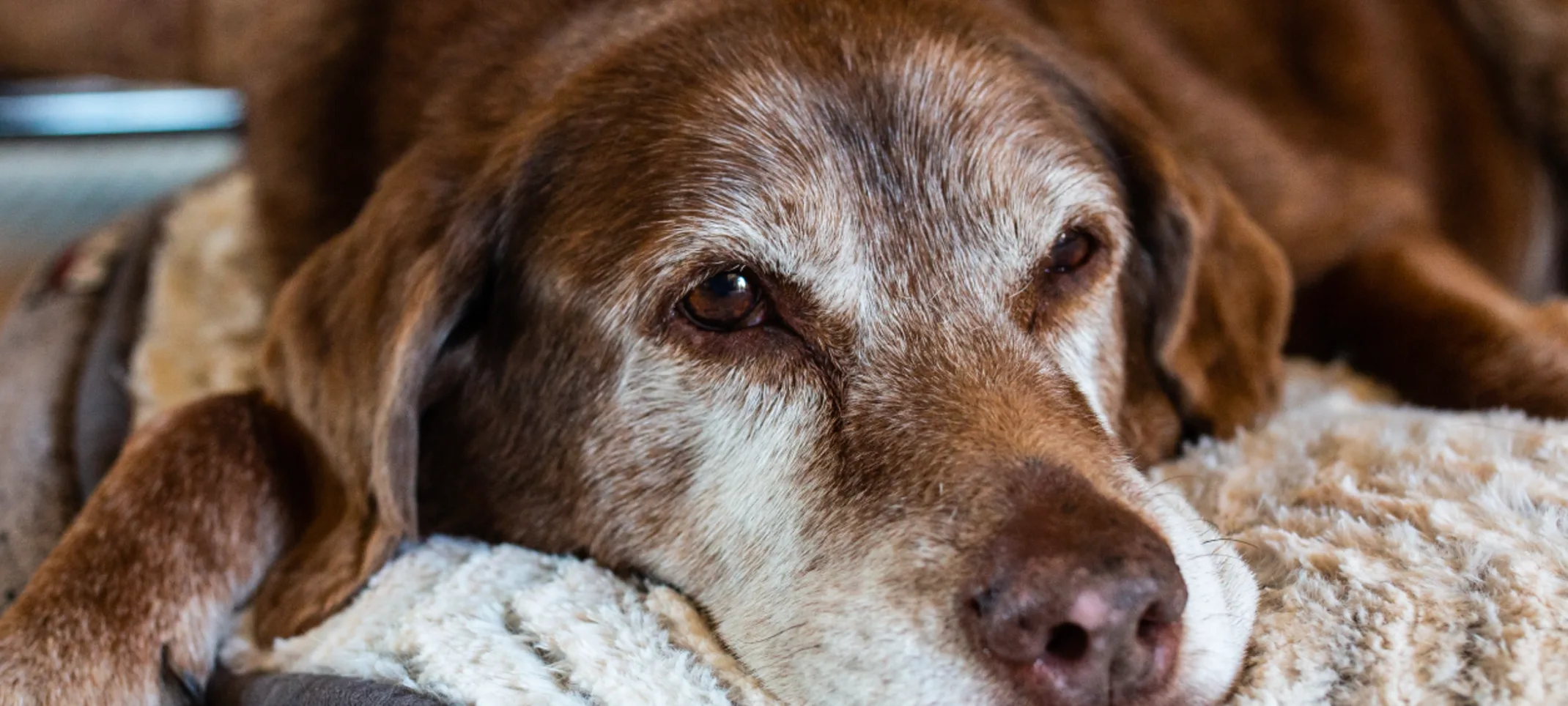CXBOS Insights
Your daily dose of news, insights, and information.
Gray Fur and Golden Years: Navigating Senior Pet Care with a Smile
Discover essential tips for loving senior pet care and bring joy to your golden years together! Embrace the journey with a smile today!
Essential Tips for Keeping Your Senior Pet Healthy and Happy
As pets age, their health requirements change significantly. To ensure your senior pet remains healthy and happy, regular veterinary check-ups are essential. Aim for biannual visits, as senior pets are more prone to health issues that can be managed if caught early. During these visits, your vet might recommend specific dietary adjustments tailored to the nutritional needs of older pets. A balanced diet rich in fiber and low in calories can help maintain their weight and improve digestive health.
Physical activity is equally important for senior pets, but it should be tailored to their mobility levels. Gentle exercise like short walks or interactive play can help keep their joints healthy and maintain their muscle tone. Additionally, creating a comfortable living environment can drastically improve their quality of life. This includes providing soft bedding, accessible food and water, and safe spaces to explore. Remember to be attentive to any changes in behavior, as these can be signs of discomfort or health issues that need addressing.

Understanding Common Health Issues in Senior Pets: What Every Owner Should Know
As pets age, they can become prone to a variety of health issues that are important for every owner to understand. Understanding common health issues in senior pets can help you recognize early symptoms and seek timely veterinary care. Conditions such as arthritis, dental disease, and kidney dysfunction are prevalent among older pets. Additionally, cognitive dysfunction syndrome can affect their mental health, making it crucial to observe any changes in behavior. Consider these common issues:
- Arthritis
- Dental Disease
- Kidney Disease
- Cognitive Dysfunction Syndrome
Regular veterinary check-ups become increasingly vital as pets enter their senior years. These visits enable your veterinarian to monitor your senior pet's health and implement preventive measures. Owners should also be vigilant about their pet's diet, exercise, and any behavioral changes that may indicate discomfort or illness. Providing a comfortable living environment and addressing their unique needs can enhance their quality of life. By staying informed about common health issues in senior pets, you can ensure that your furry companion enjoys a happy and healthy later life.
How to Create a Comfortable Living Environment for Your Aging Furry Friend
Creating a comfortable living environment for your aging furry friend is essential for their well-being and happiness. As pets grow older, their needs change, so it's important to assess your home to ensure it meets their new requirements. Start by ensuring their favorite resting spots are soft and easily accessible. Use orthopedic beds to support their joints and keep their bedding clean and dry. Additionally, consider placing non-slip mats on slippery surfaces to prevent accidents, helping your furry companion feel secure as they navigate through familiar spaces.
Another crucial aspect of enhancing your pet's living environment is to stay mindful of their mobility issues. If your dog or cat has difficulty climbing stairs or jumping into their favorite spots, try rearranging furniture or using ramps to make movement easier. Be sure to maintain a regular schedule for bathroom breaks, as older pets may have weaker bladders. Lastly, keep regular veterinary check-ups to address any health issues promptly, ensuring that your aging furry friend enjoys their golden years in comfort and joy.